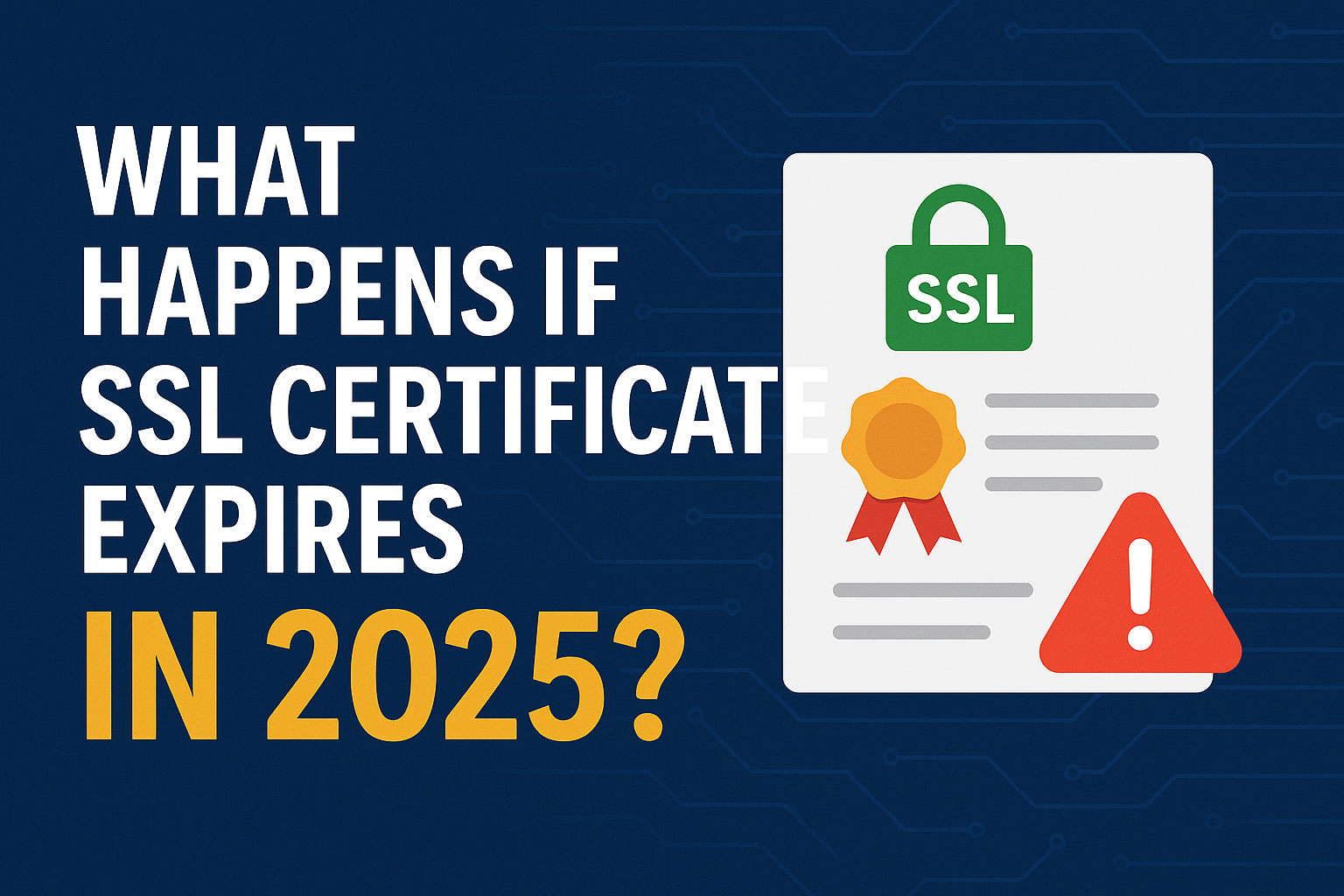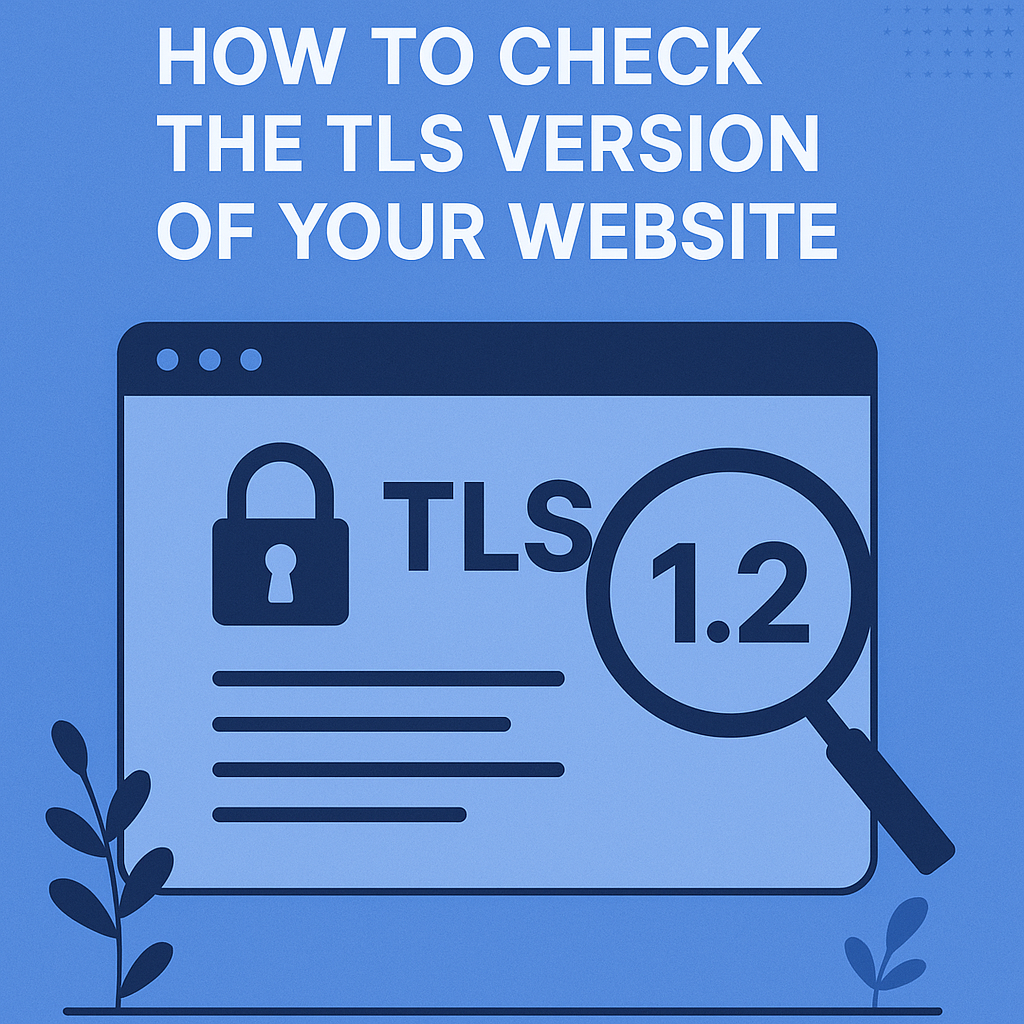
The expiration of SSL certificates has always been a concern for website owners, but 2025 brings new challenges and considerations due to significant industry changes in certificate management. As major browser vendors and certificate authorities push for shorter certificate lifespans, website owners need to understand both the traditional consequences of expired certificates and how the evolving SSL landscape impacts their security strategy.
The Immediate Consequences of SSL Certificate Expiration
Browser Warnings and Trust Signals
When an SSL certificate expires, visitors to your website will encounter prominent warning messages in their browsers. These warnings explicitly inform users that the connection is not secure, creating an immediate barrier to website access. Although users technically have the option to proceed past these warnings, many will simply leave rather than risk their security. In 2025, these warning systems remain the first line of defense against expired certificates, with browser vendors continuing to make security warnings more prominent and concerning for average users.
Security Vulnerabilities and Data Protection Risks
An expired SSL certificate means that the secure connection between your server and your users is compromised. Without proper encryption, both your website and your users become susceptible to cyber-attacks, including man-in-the-middle attacks where sensitive information can be intercepted. In the increasingly security-conscious environment of 2025, where data breaches carry even heavier regulatory consequences, this represents a significant risk that extends beyond mere technical concerns to potential legal liability.
Browser Caching Behavior with Expired Certificates
Interestingly, browsers may continue to use expired certificates due to caching mechanisms. As explained in search results, browsers like Chrome store SSL certificates in their cache and may not immediately recognize a renewed certificate. This can create a confusing situation where some visitors see security warnings while others don't, depending on when they last visited your site and whether they're using private browsing.
Business and SEO Impacts in 2025
Negative Effects on Search Engine Rankings
Since Google confirmed SSL as a ranking factor in 2014, secure websites have enjoyed SEO advantages. An expired certificate directly undermines this benefit. Search engines interpret expired SSL certificates as a sign that a website is poorly maintained or potentially unsafe. In 2025, as search algorithms become even more sophisticated in evaluating website security, the negative SEO impact of expired certificates is likely to be more pronounced than ever before.
Decrease in User Trust and Conversion Rates
Beyond technical SEO factors, expired certificates severely damage user trust. When visitors see security warnings, bounce rates typically increase dramatically, and conversion rates plummet. This loss of trust is particularly damaging in digital marketplace, where consumers have become increasingly security-conscious and have more alternatives than ever before. The immediate loss of perceived trustworthiness translates directly to lost business opportunities.
Impact on Referral Traffic and Link Value
Secure websites are more likely to link to other secure sites. With an expired certificate, you may see a reduction in referral traffic as security-conscious websites become hesitant to link to your domain. in 2025's interconnected web ecosystem, where backlink quality remains a crucial ranking factor, this ripple effect can cause long-term damage to your site's authority and visibility.
Do you know how to renew your SSL in 2025? Read this quick guide.
Preparing for the New SSL Reality in 2025
The Critical Need for Certificate Automation
With certificate lifespans shortening dramatically, manual certificate management becomes practically impossible. Organizations will need robust automation systems to handle frequent certificate renewals, provisioning, and installations without human intervention. In 2025, as the industry prepares for the first phase of validity reductions in 2026, implementing these automation systems becomes a business-critical priority rather than a convenience.
Certificate Monitoring and Alert Systems
Even with automation in place, monitoring remains essential. Organizations need to implement comprehensive monitoring systems that track certificate statuses, alert IT teams before expiration, and ensure that renewal processes are functioning correctly. In 2025, as certificates become more numerous and their management more complex, these monitoring systems need to be more sophisticated and reliable than ever before.
Updating Certificate Management Strategies
The traditional approach of purchasing multi-year SSL plans and handling renewals annually will need to evolve. While multi-year plans will remain available and cost-effective, the actual certificate issuance and renewal processes will happen much more frequently. Organizations must develop new strategies and workflows to accommodate this accelerated certificate lifecycle, including clear responsibility assignments and contingency plans for certificate-related incidents.
Conclusion
SSL certificate management is changing fast, with shorter validity periods becoming the new standard. Letting certificates expire still causes serious problems, like lost security, trust, and search rankings—but now it’s likely to happen more often.
2025 is the time to act. With big changes starting in 2026, businesses should start using automated tools, improve monitoring, and update their SSL policies. Getting ready now will help keep your website safe, trusted, and running smoothly.




Write a comment ...